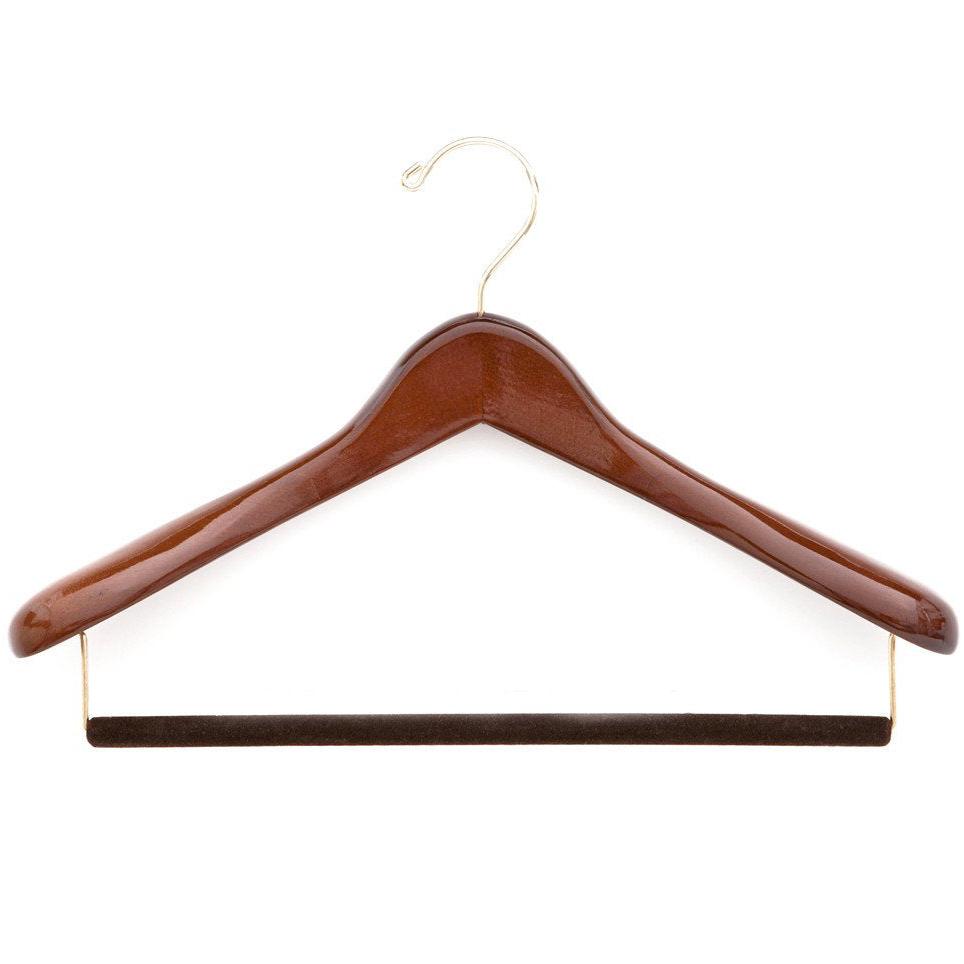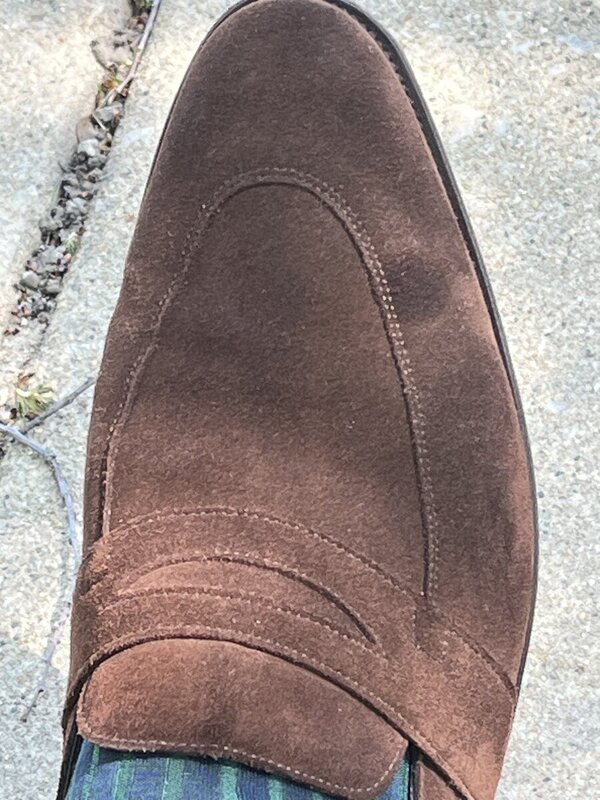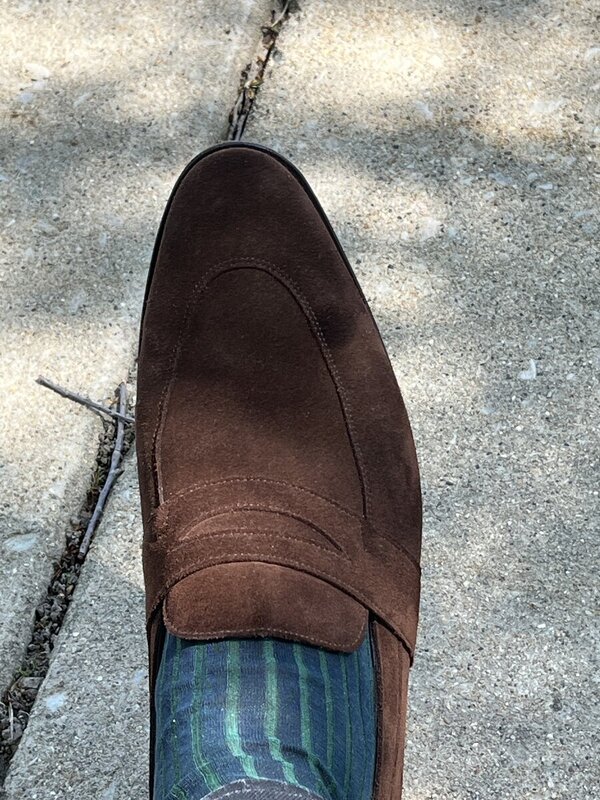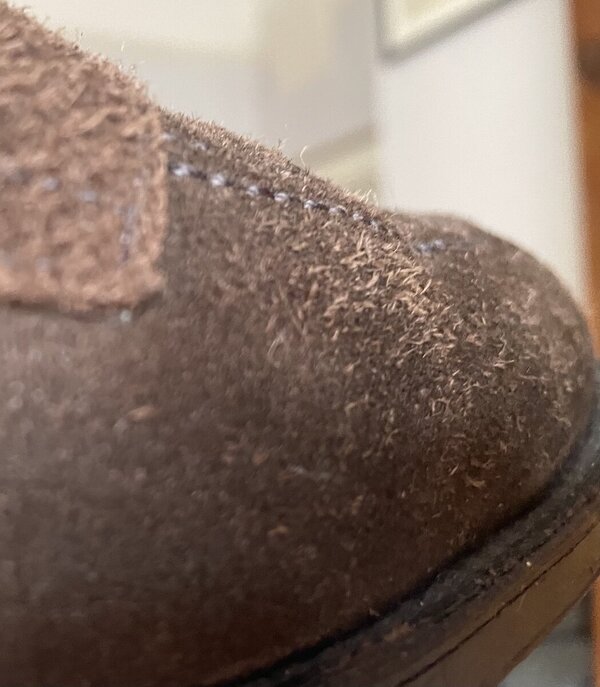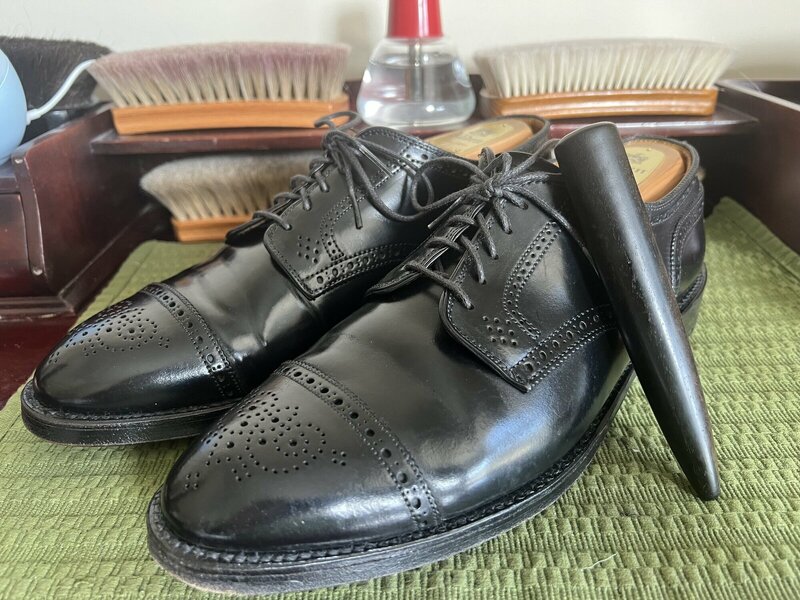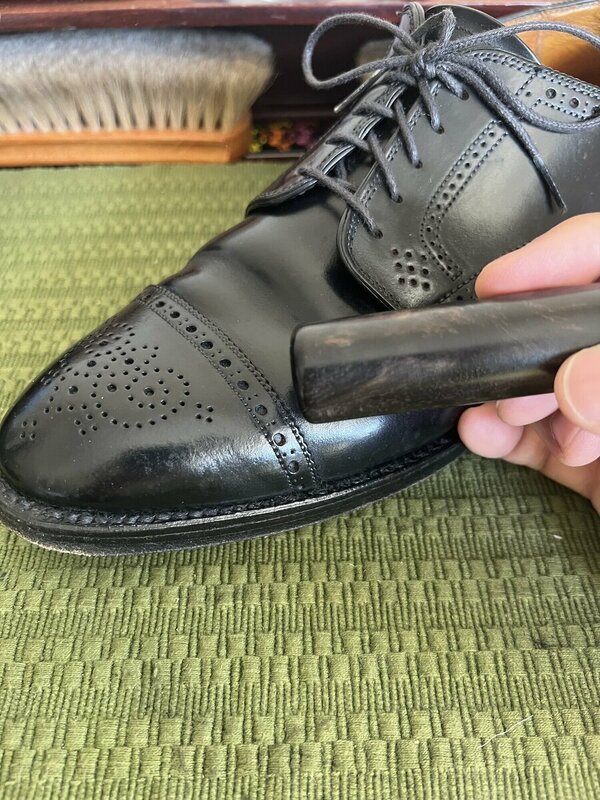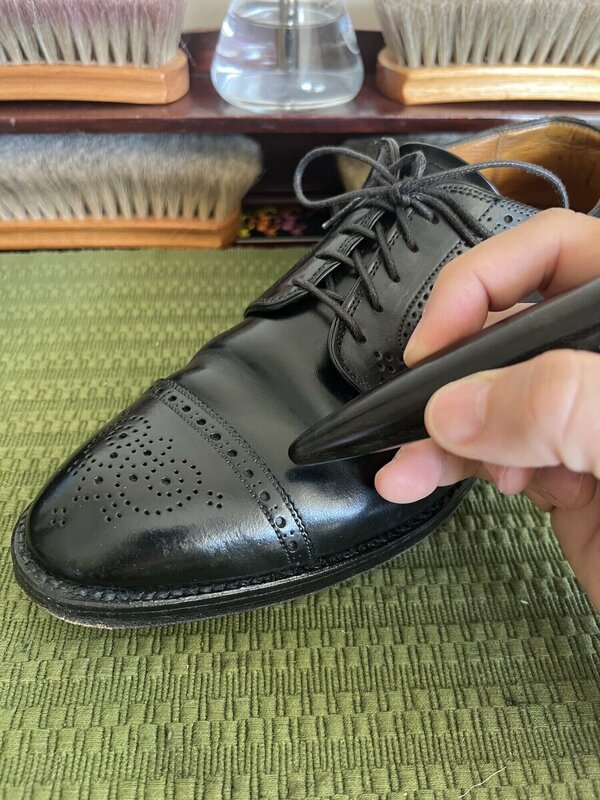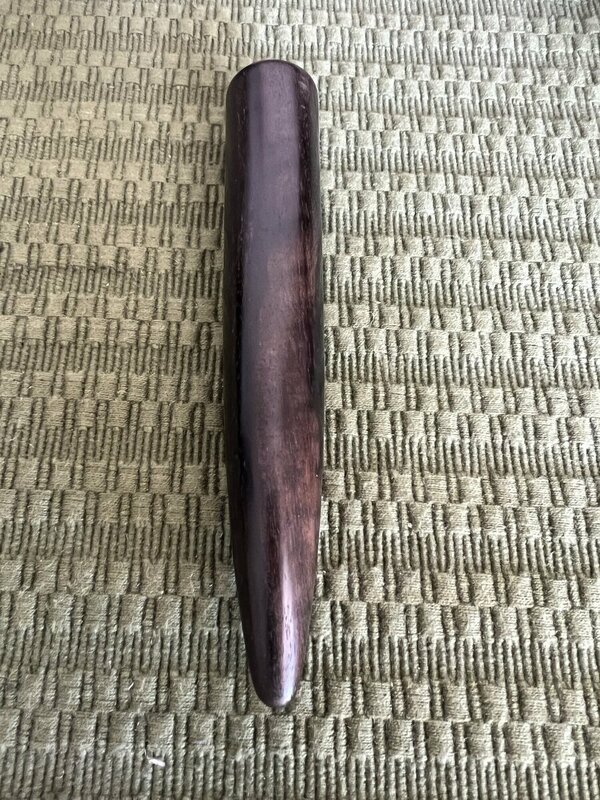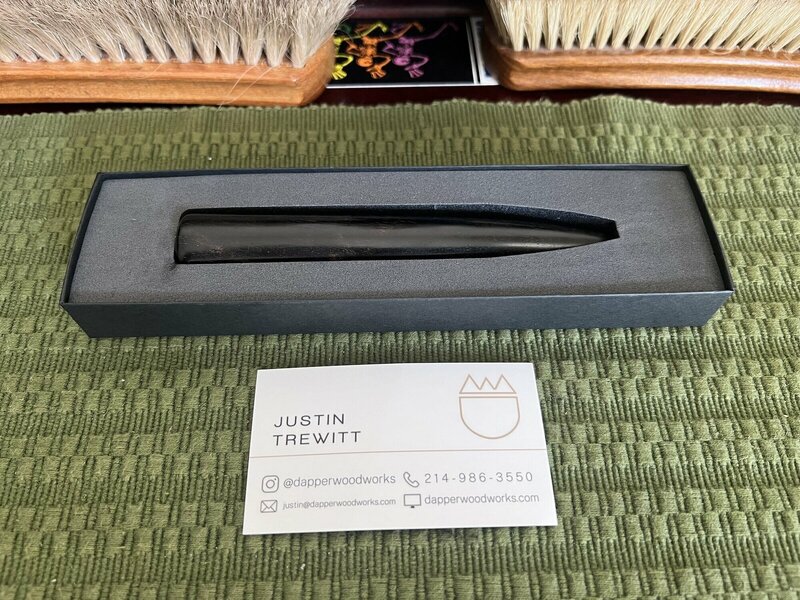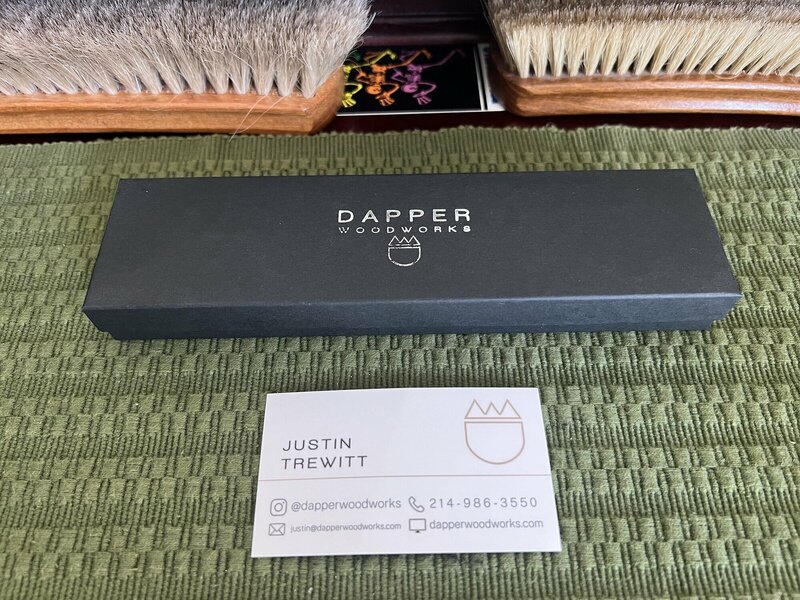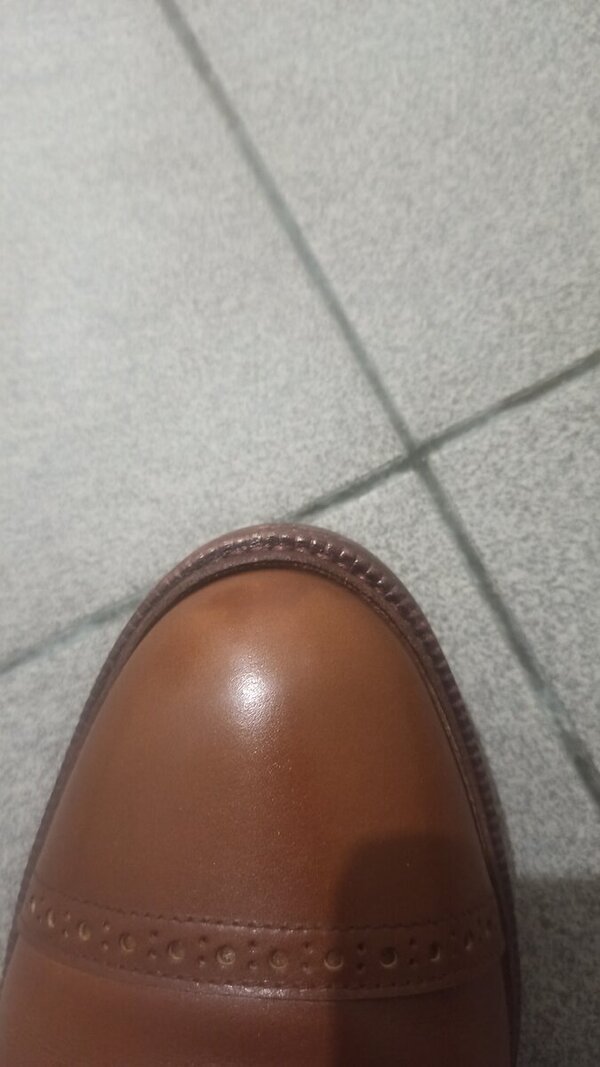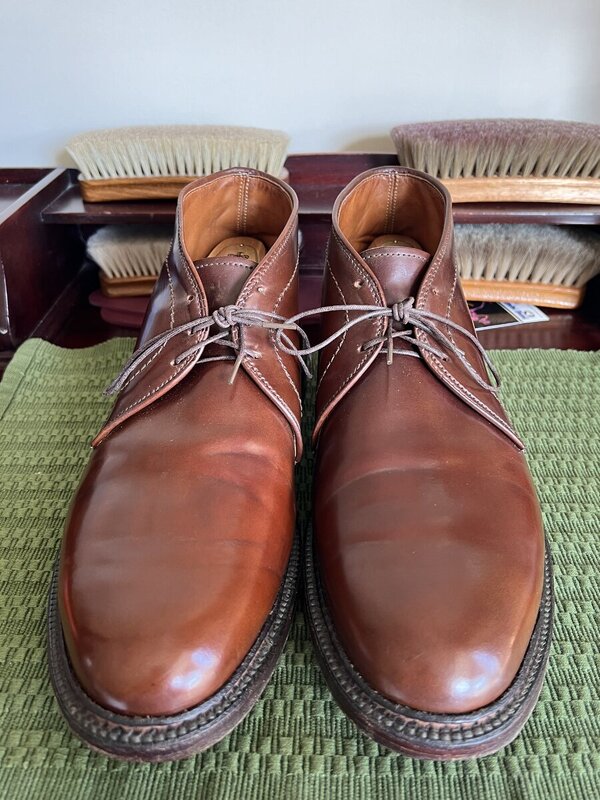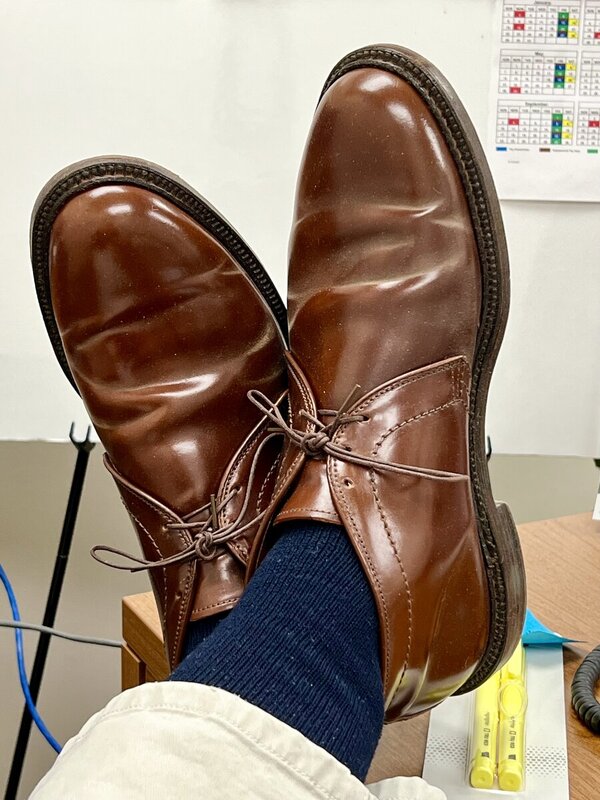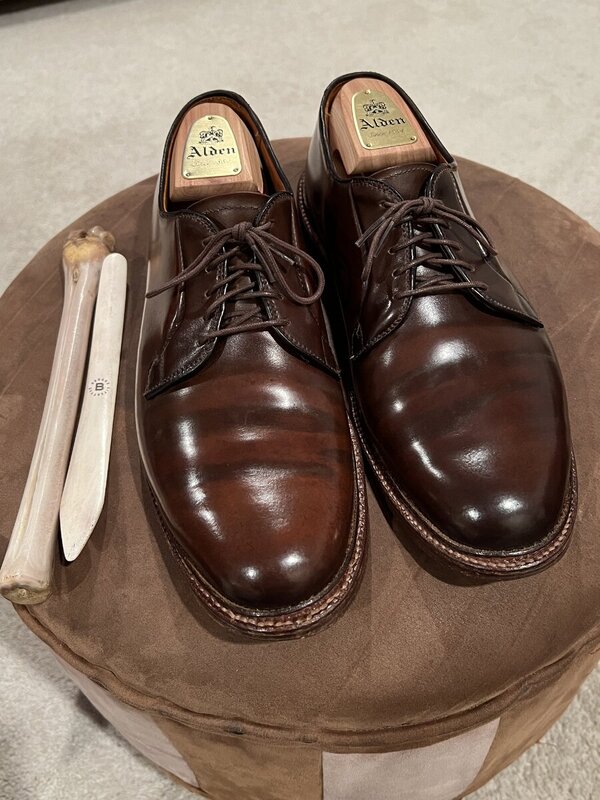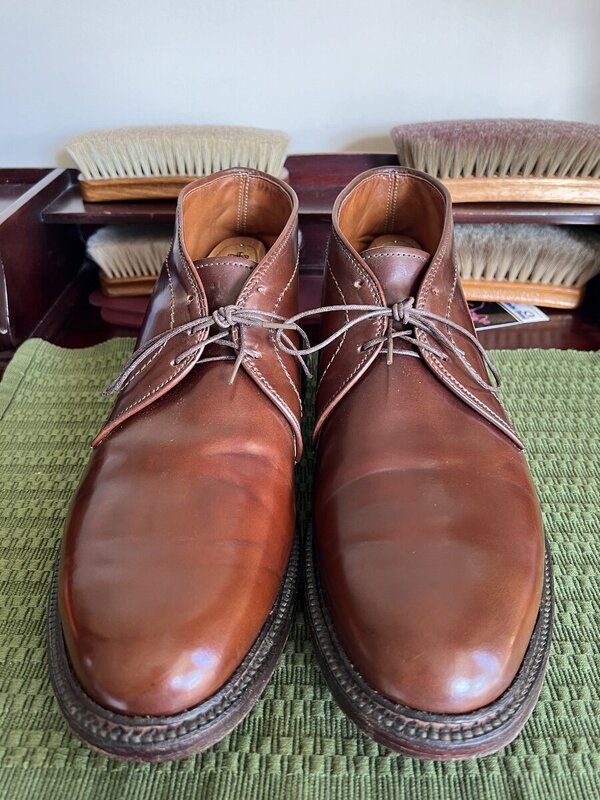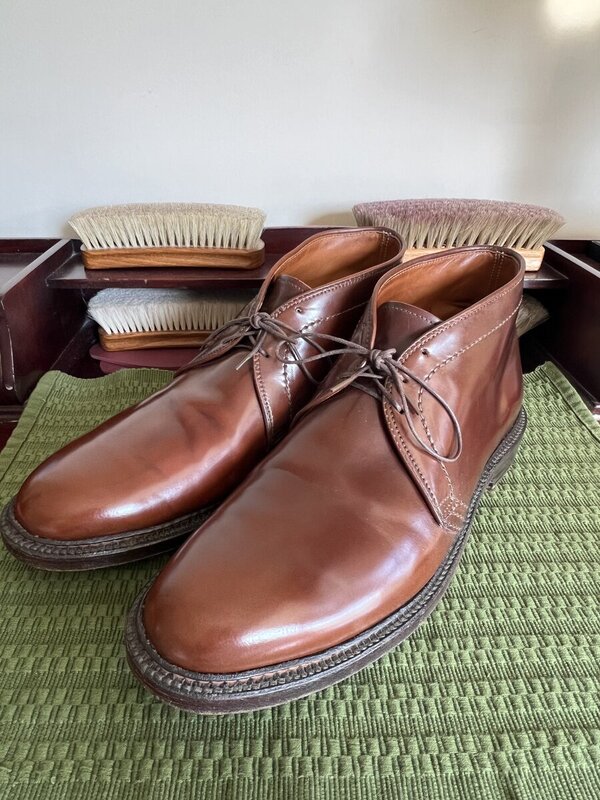ThinkDerm
Stylish Dinosaur
- Joined
- Jun 5, 2008
- Messages
- 13,361
- Reaction score
- 1,085
which french calf were you working with?
It's strange...I was working with some very fine French calf yesterday and thinking about Bick4 while using it to chase pipes.
Most of the silicone products, both commercial retail and wholesale, that I have used are great waterproofers. But Bick4 almost washes away with water. Not entirely...but I use it on dry and wet leather and can always re-wet the leather. So if there are silicones in Bick4 (not doubting) they are not there in large amounts or are in some form that I'm not familiar with...and not sure I'm concerned about.
Just some thoughts..."straight from the bench"
--
which french calf were you working with?
![baldy[1].gif](http://files.styleforum.net/images/smilies/baldy[1].gif)

![Bigstar[1] :bigstar: :bigstar:](/styleforum_ads/smilies/bigstar[1].gif)

